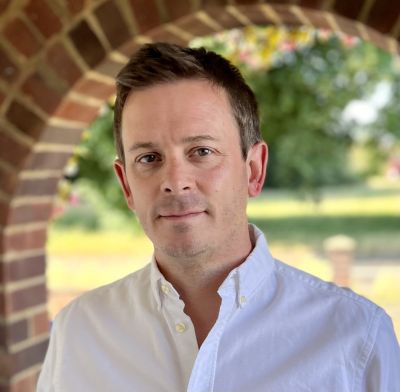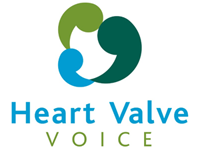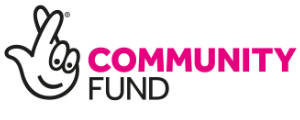
Phill Read’s Westminster Health Forum Blog

Earlier this week, I was asked to represent Heart Valve Voice and its patient community at a Westminster Health Forum event on Next Steps for Diagnostics and Medical Devices in England. The event featured stakeholders from across the health space, with policymakers, industry professionals and clinical leaders coming together to share their thoughts and ideas. I was there as a patient to share my experience and talk more broadly about what I have learned from other patients as an advocate for Heart Valve Voice.
I started my presentation by setting out the challenge of optimising treatment for valve disease. Research has shown that approximately 1.5 million people in the UK have valve disease. Further research highlights that nearly 300,000 have severe aortic stenosis, the most common form of valve disease. With an ageing population, these numbers will grow, so we need to improve the detection and diagnosis of the condition to ensure patients get the right treatment at the right time.
My personal experience highlighted how some patients face challenges accessing diagnostics, be that caused by issues identifying the root of my symptoms or strains on echo services. I collapsed twice before I was diagnosed, but I had been presenting with symptoms. Even after it was identified that I had a heart issue, it felt like a battle to get an echo to get the diagnosis stage.
This is where technology can support the NHS.
Digital stethoscopes and handheld echo machines offer patients greater access to crucial checks. Digital stethoscopes provide greater accuracy when listened to, improve the quality of referrals and can be put in the hands of a trained professional, not necessarily a doctor. This could alleviate some of the strain on an already stretched service. It can also increase the number of touchpoints through which someone can get a check with pharmacies or even trained professionals in community centres or local libraries offering checks.
I, like many people, already use technology to monitor my health, so I would have no issues with it being used to enhance my pathway. Heart Valve Voice’s NICE Guideline Consultation showed that this was a typical attitude, with most patients happy for key diagnostic tests to be carried out by a trained professional using a digital stethoscope or handheld echo.
What is essential is good communication. Once patients understand the benefits to themselves and the health service, most would be happy to see new devices enhancing their treatment pathway.
Patients want earlier detection and treatment, better access to diagnostics, better access to treatment, more opportunities to have their hearts listened to, and more people to be treated. Technology and medical devices can be a conduit to delivering on this and improving pathways for future patients. Better pathways improve patient experience, improve outcomes and overall save the NHS money.
Heart Valve Voice’s NICE Consolation highlighted the impact of the patient voice, and I think it should be prioritised when trying to accelerate access to medical devices. It can be so much more than a box-ticking exercise and can give great weight to people making the case for medical devices, as well as ensuring that patients are an active part of their pathway.
I really enjoyed my opportunity to speak at the Westminster Health Forum event, and I thank the other panelists for their interest in my presentation and the positive feedback I received.
Latest News
WHF urges countries to develop cardiovascular action plans and launches global petition
Geneva, 27 September 2024: The World Heart Federation (WHF) is launching a global petition urging all [...]
Wil’s Blog – Looking Back at International Heart Valve Disease Awareness Week 2024
As I reflect on last week’s International Heart Valve Disease Awareness Week, I am both [...]
Announcing the Women’s Clinical Advisory Group for Heart Valve Voice
As a female interventional cardiologist working to improve the lives of patients with heart valve [...]









